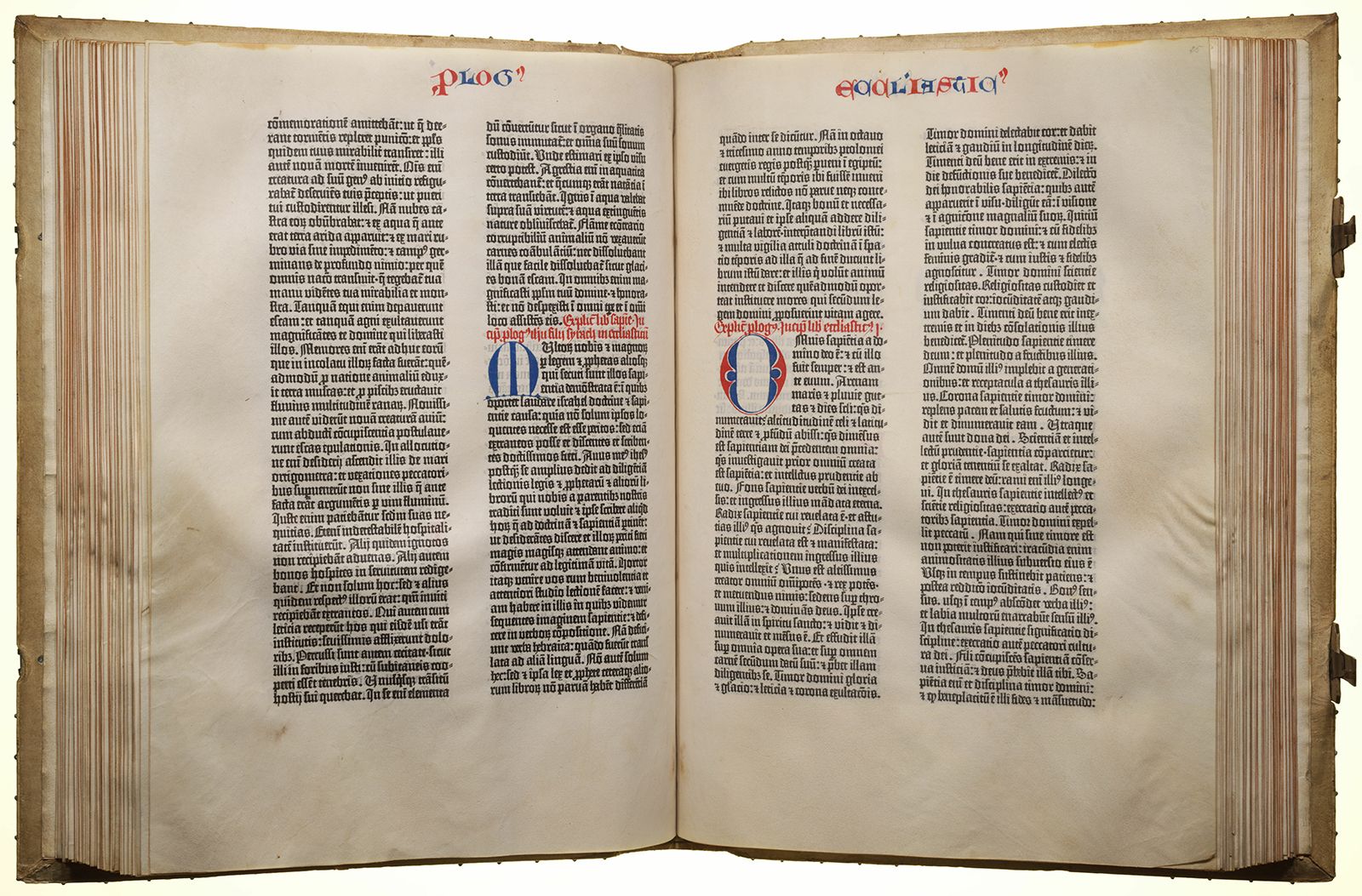Ecclesiasticus
- Also called the:
- Wisdom of Jesus the Son of Sirach
- On the Web:
- The University of Chicago Press Journals - The Hebrew Ecclesiasticus (Nov. 26, 2024)
Ecclesiasticus, deuterocanonical biblical work (accepted in the Roman Catholic canon but noncanonical for Jews and Protestants), an outstanding example of the wisdom genre of religious literature that was popular in the early Hellenistic period of Judaism (3rd century bce to 3rd century ce). This book appeared in the Septuagint, the Greek translation of the Hebrew Bible, though it was later rejected as apocryphal by Jews. Like other major wisdom books (Proverbs, Ecclesiastes, Job, and Wisdom of Solomon), Ecclesiasticus contains practical and moral rules and exhortations, frequently arranged according to subject matter—e.g., hypocrisy, generosity, filial respect. Wisdom, personified as Sophia, or Lady Wisdom, delivers an extended discourse on her eternal relationship with God (chapter 24) and is identified with the Mosaic Law (see Torah).
The text is the only apocryphal work whose author is known. It was written in Hebrew in Palestine around 180–175 bce by Ben Sira, who was probably a scribe well-versed in Jewish law and custom.
Ben Sira’s grandson, whose name is unknown, carried the book to Alexandria and translated it into Greek shortly after 132 bce for Greek-speaking Jews. The translation was probably intended to encourage adherence to ancestral beliefs and customs and to defend Jewish religious doctrines by showing the essential agreement between Judaism and Hellenistic philosophical truths. The concept of “wisdom” as an active emanation from God, for example, closely approximates the Stoic concept of the universal logos.

The book is extant in a Greek text and in Hebrew texts, some of which was discovered in 1896–97 in the geniza (“repository”) of the Ezra Synagogue in Cairo and among the Dead Sea Scrolls.












